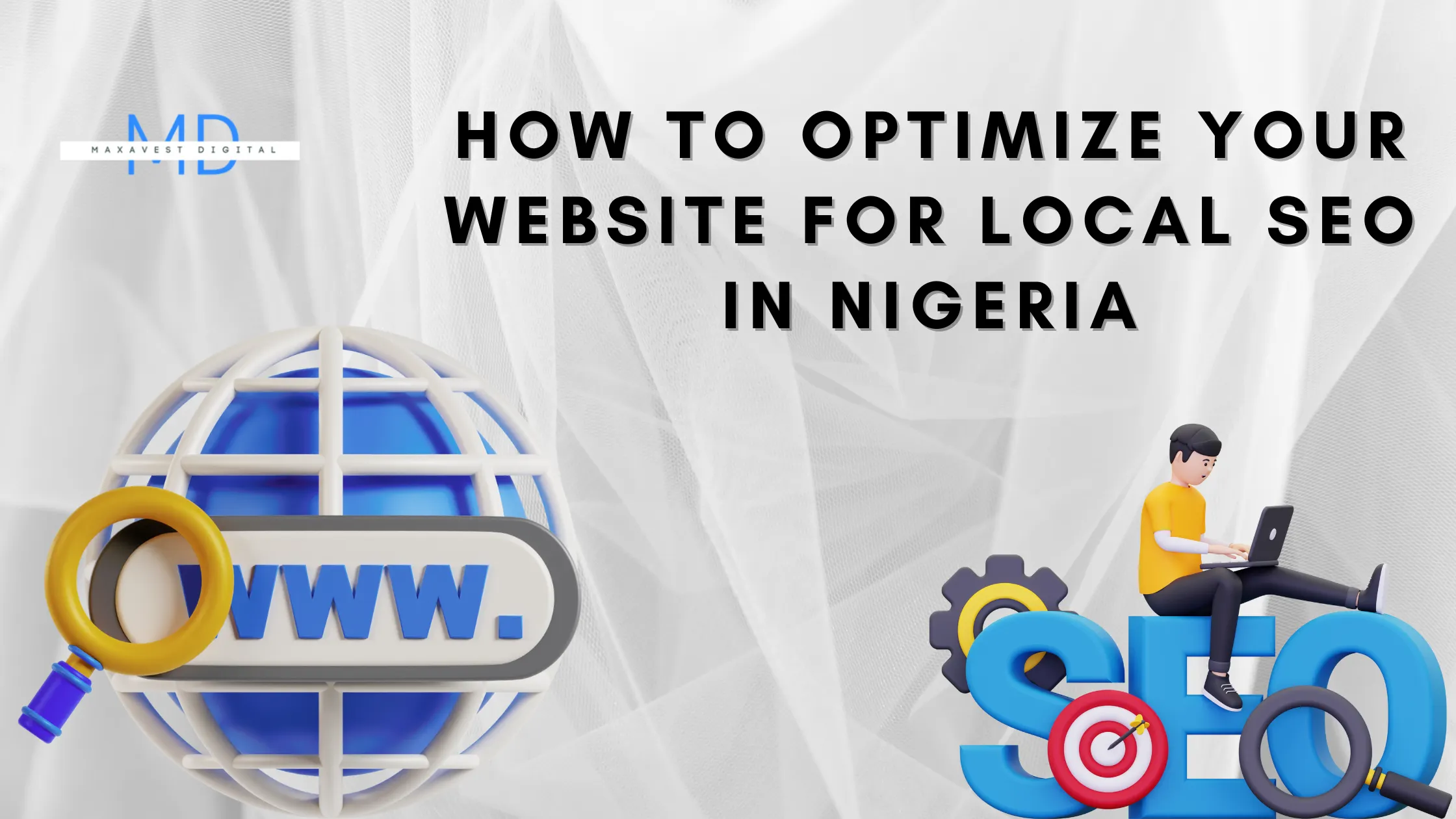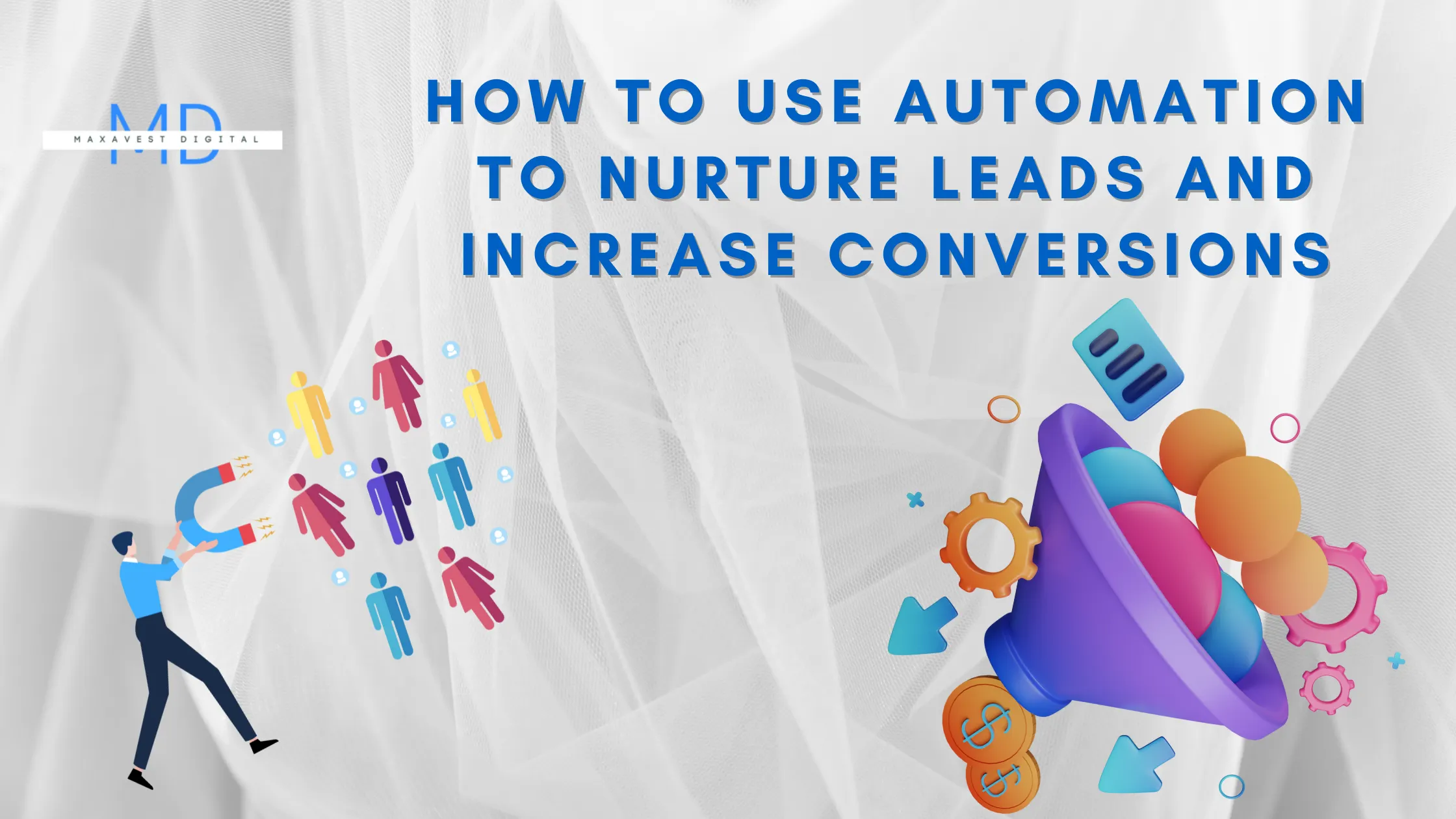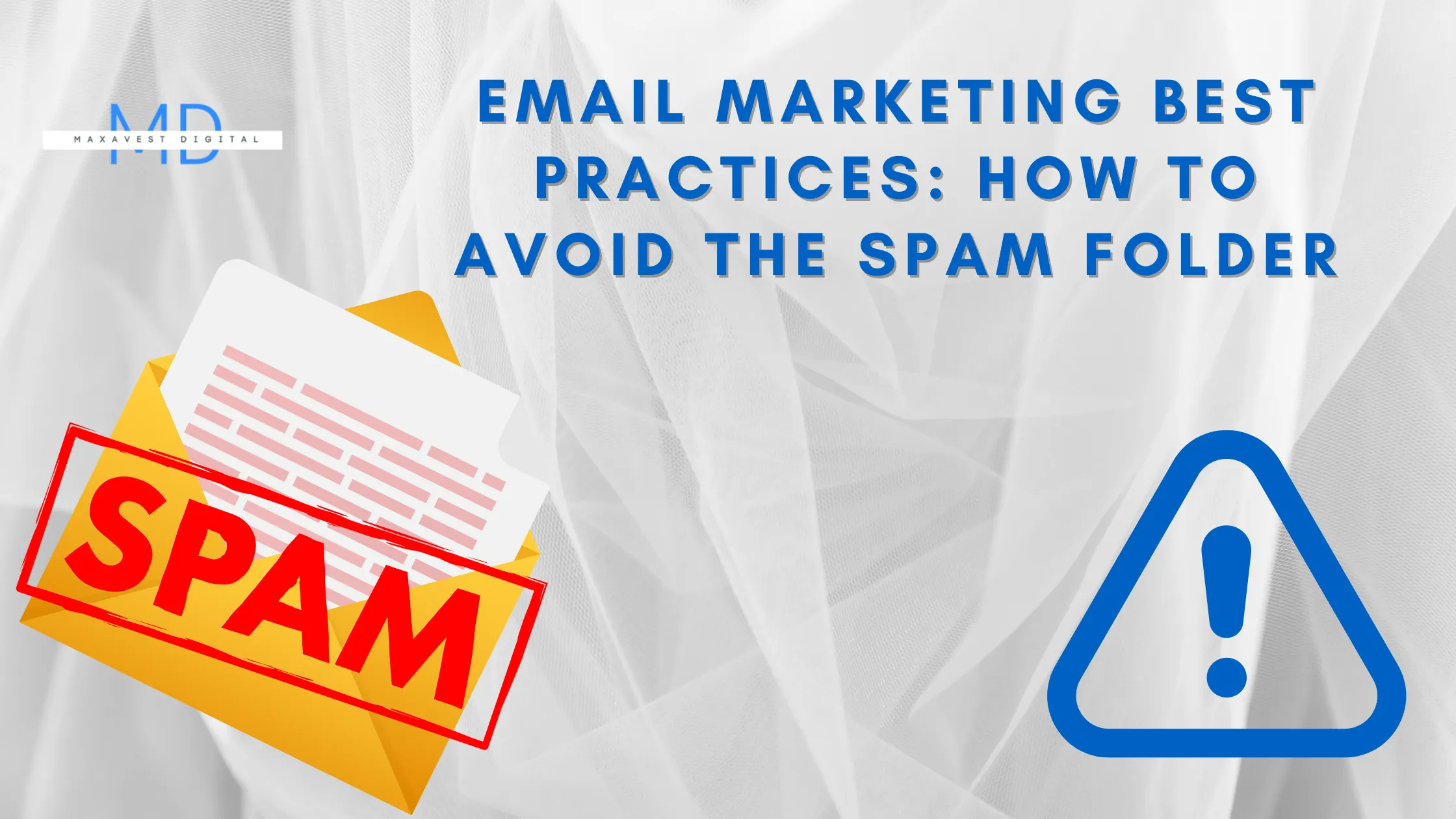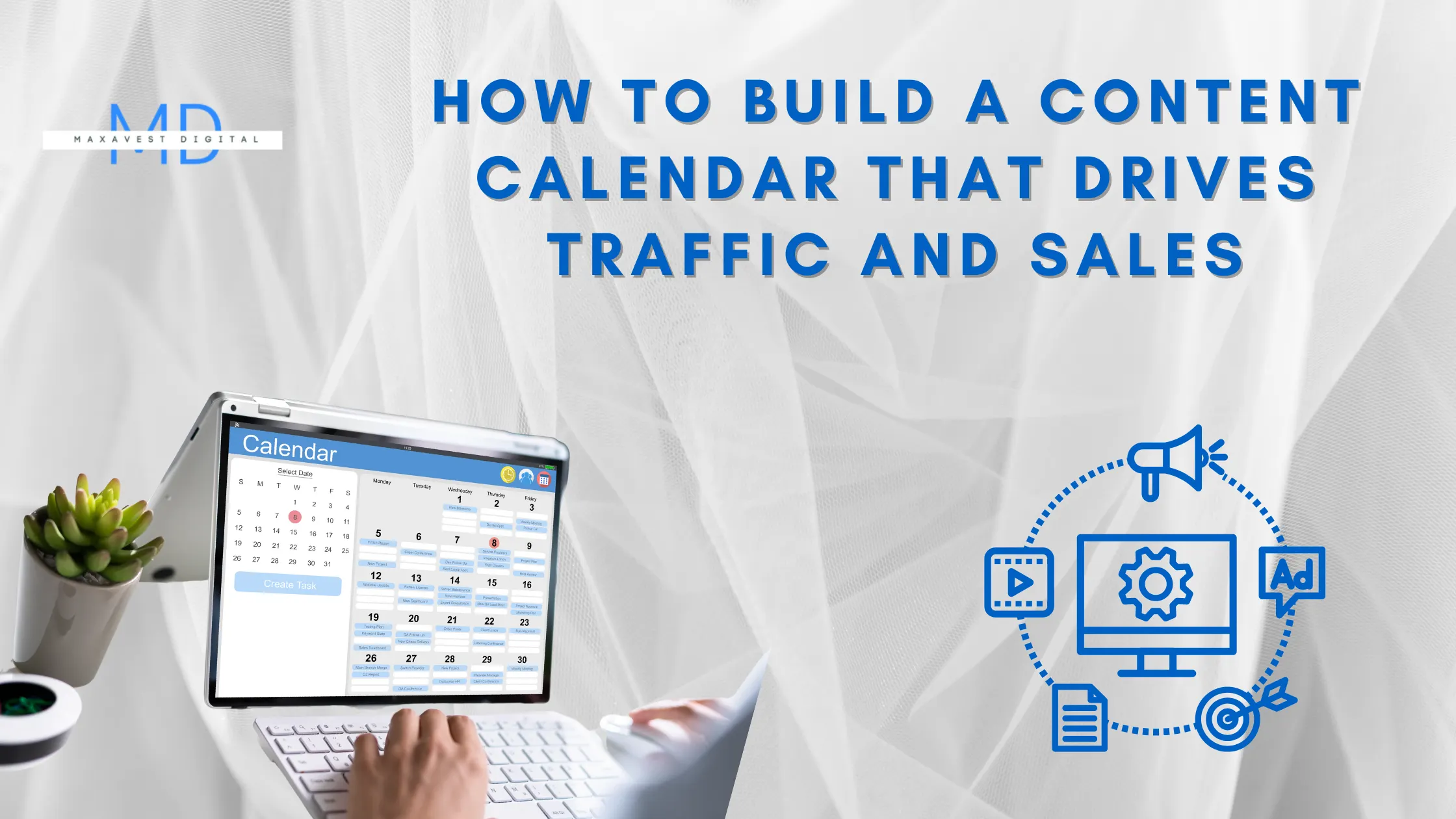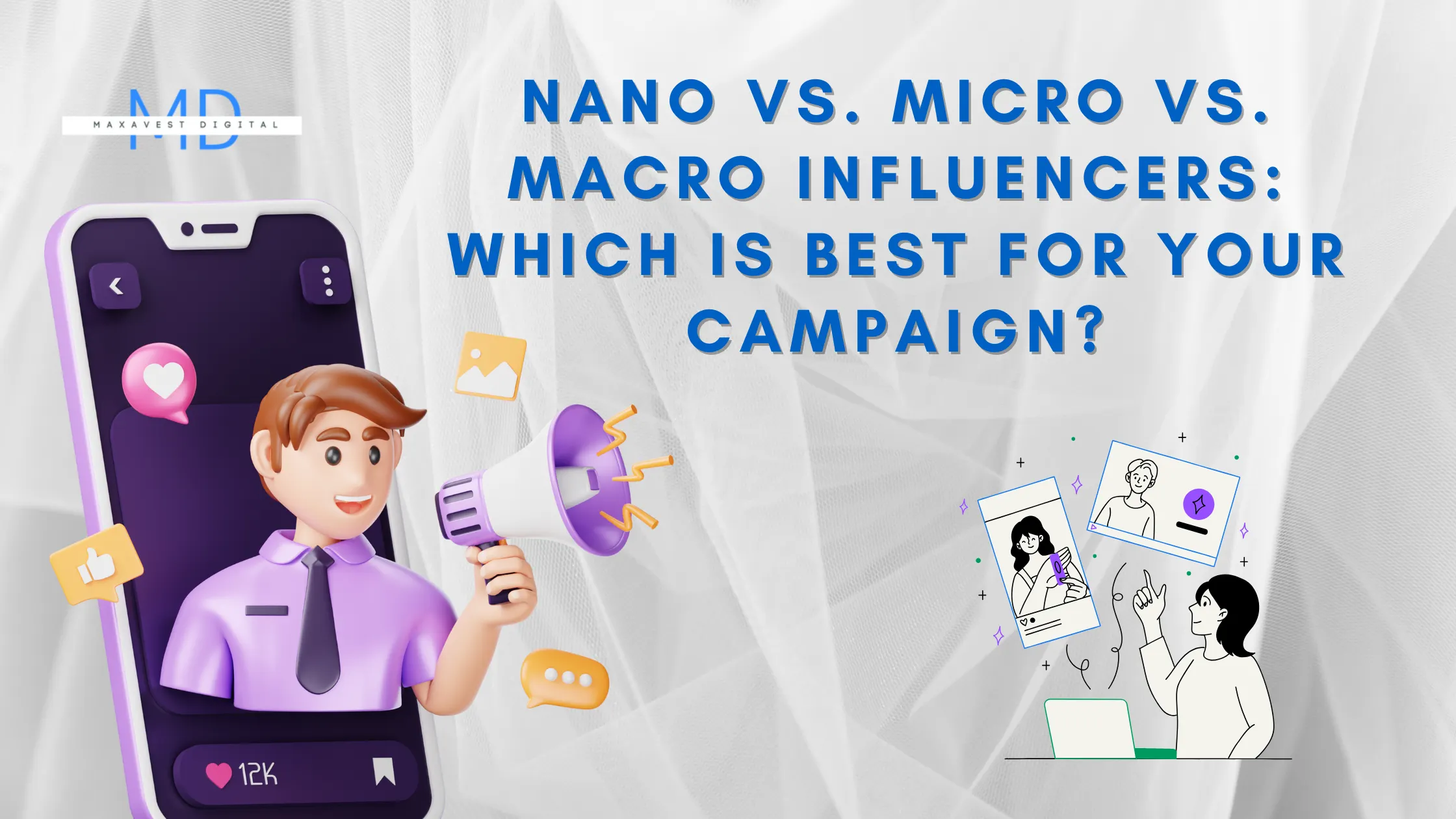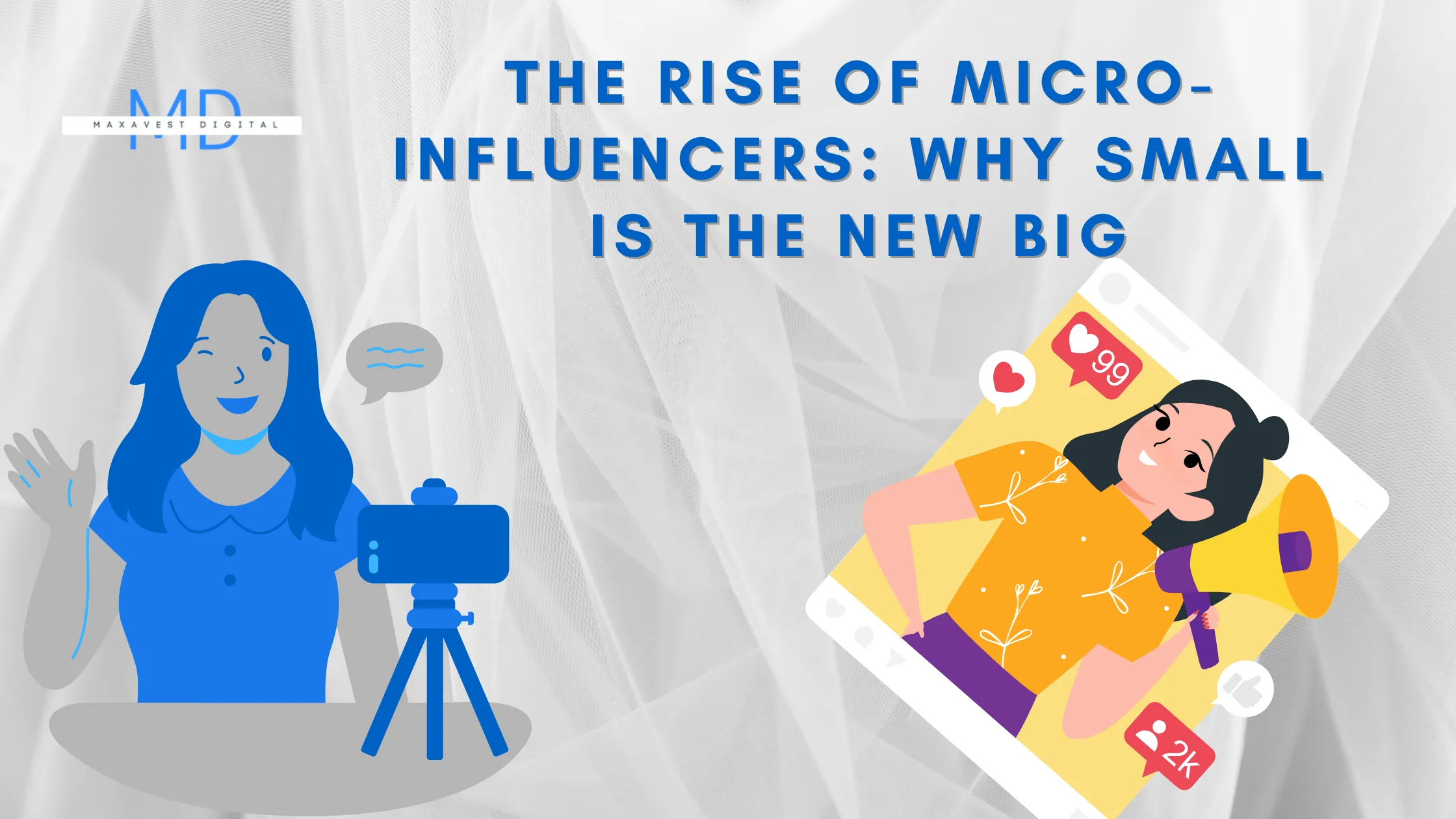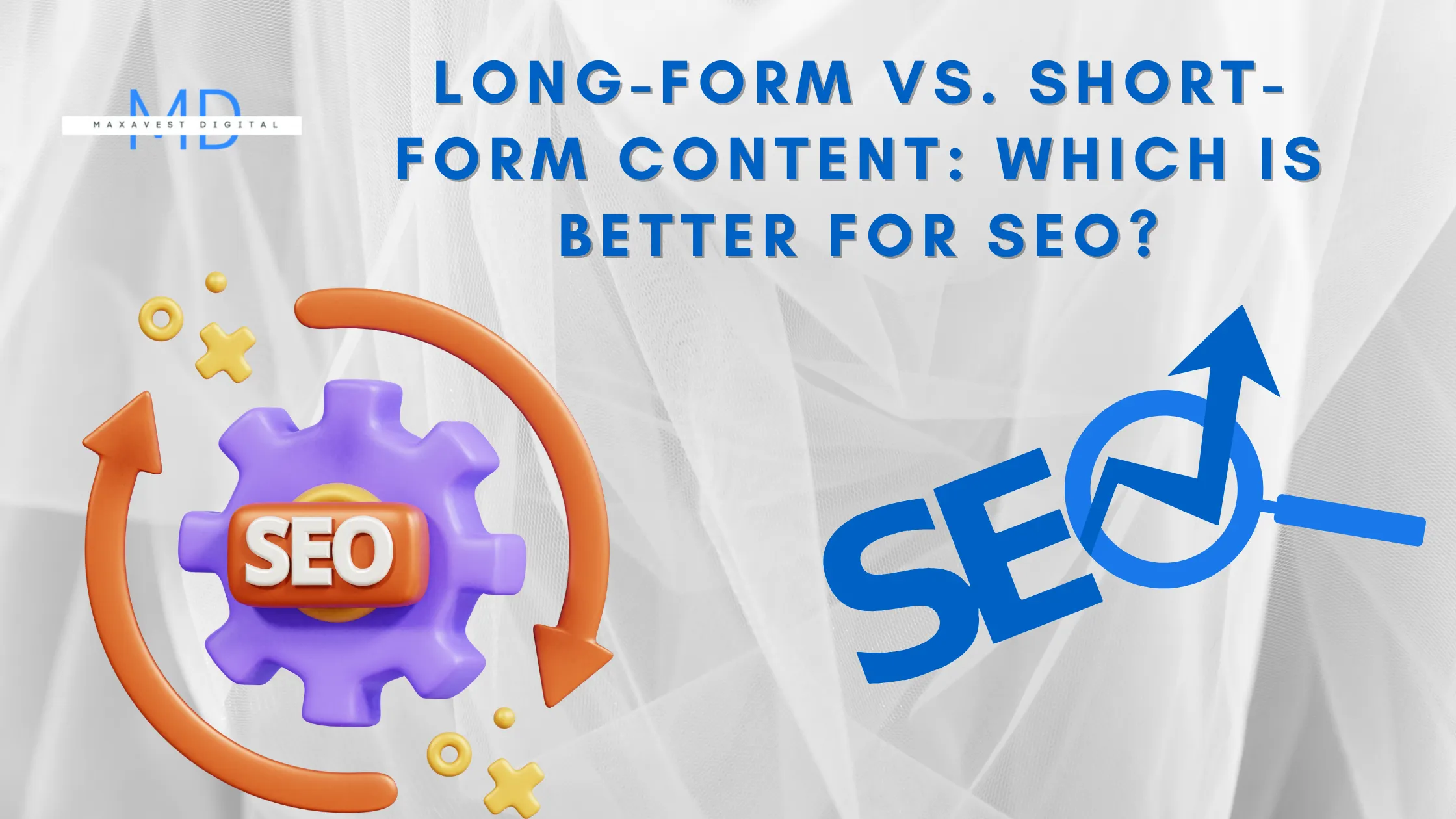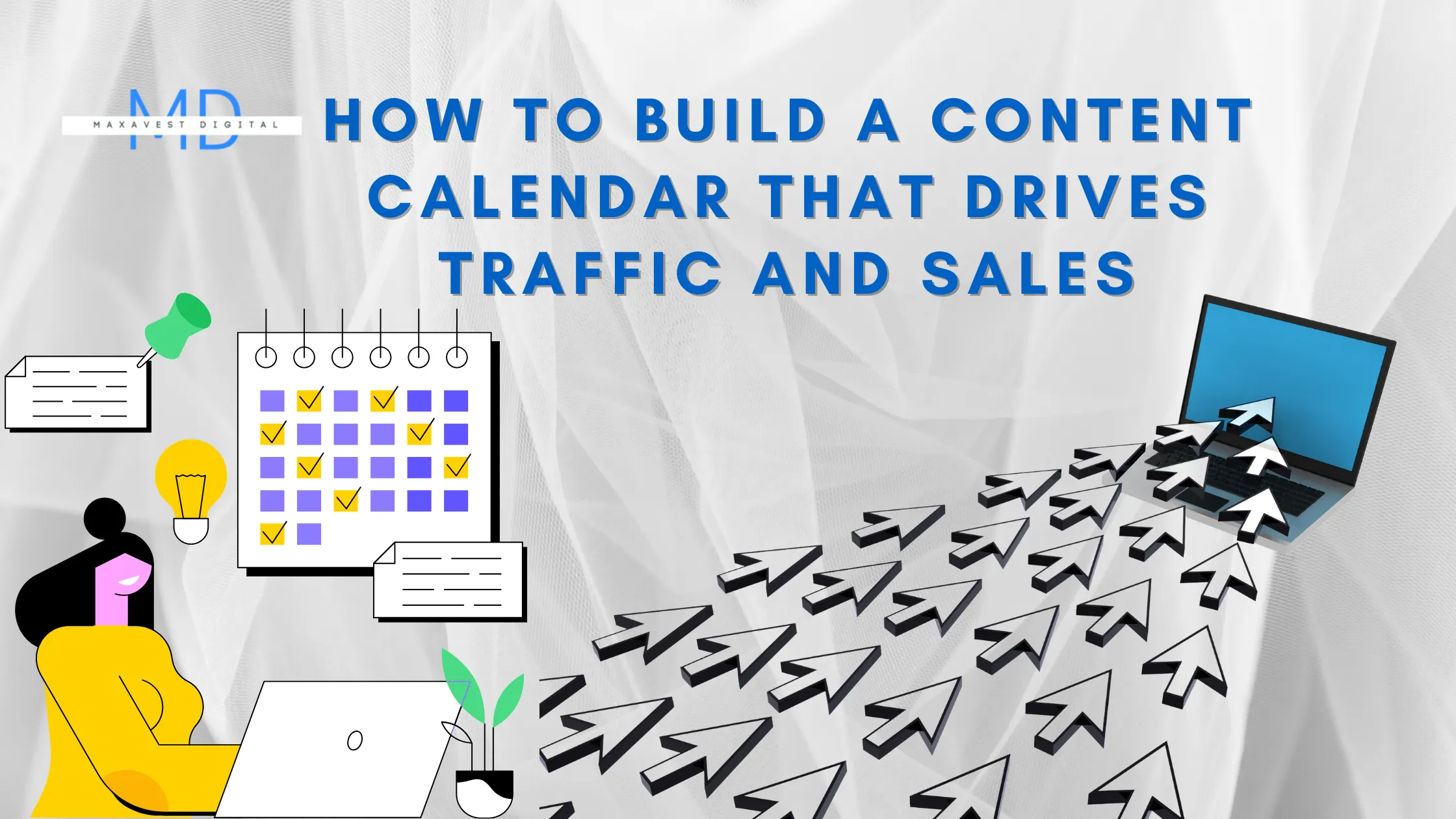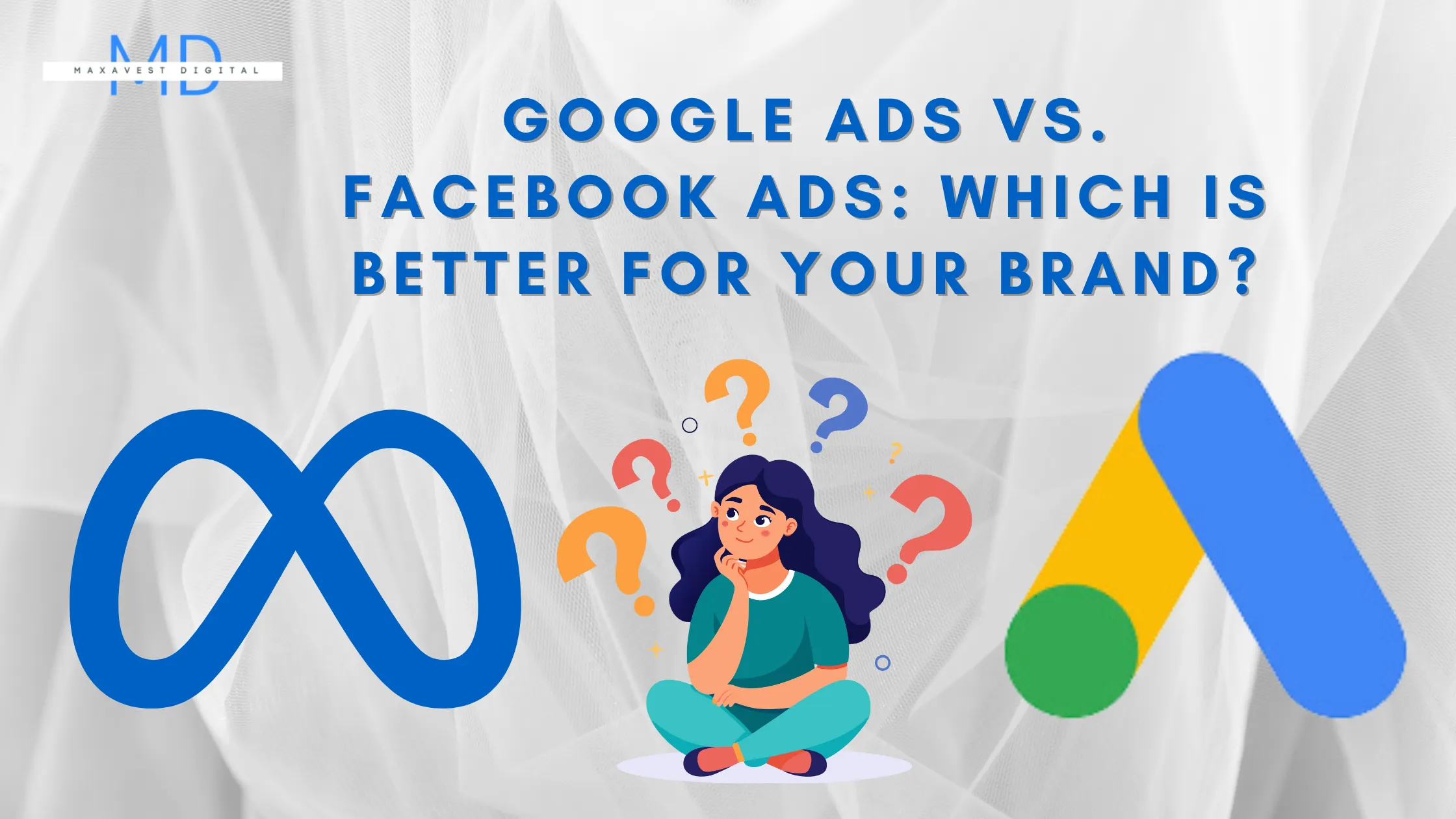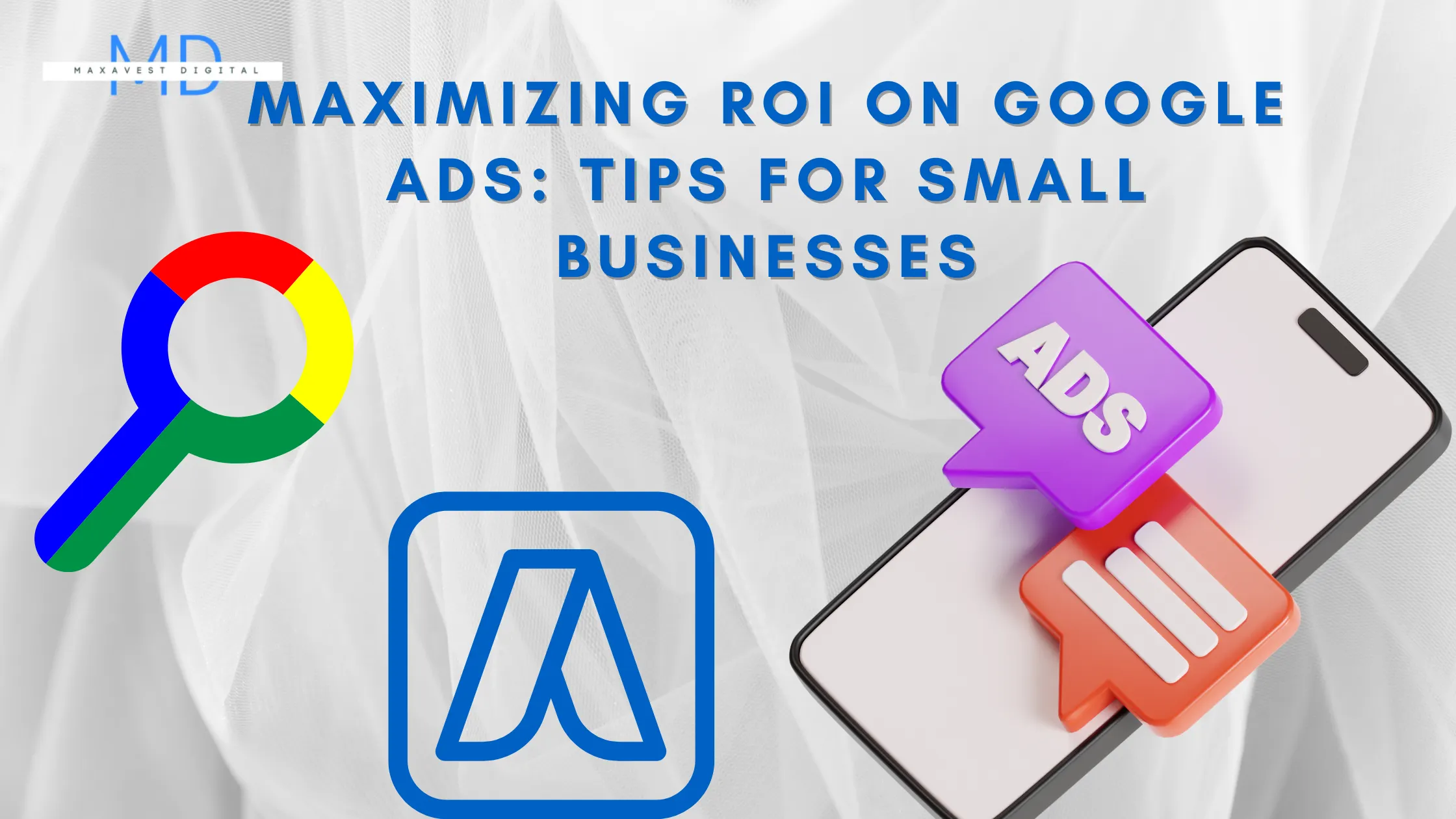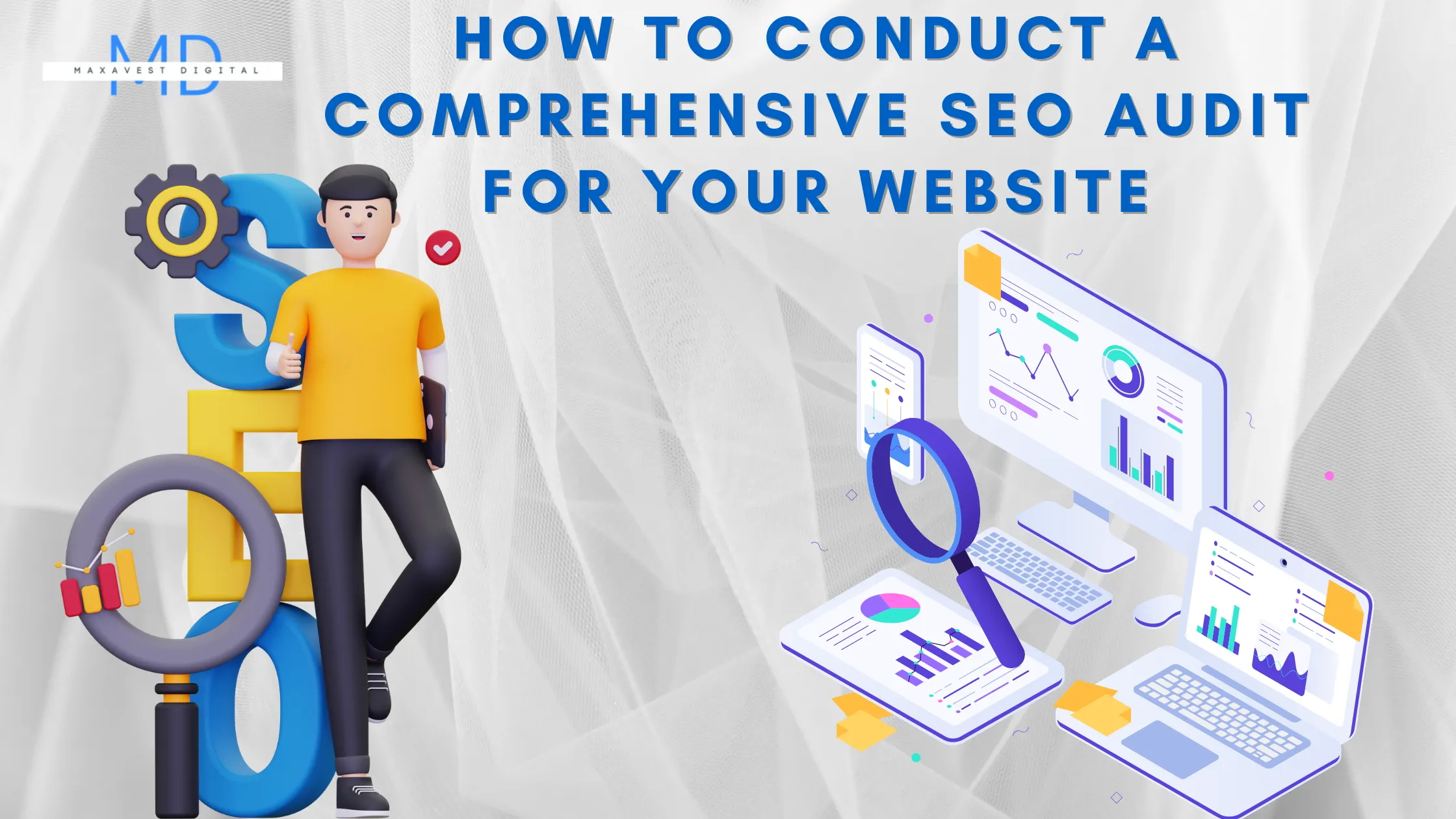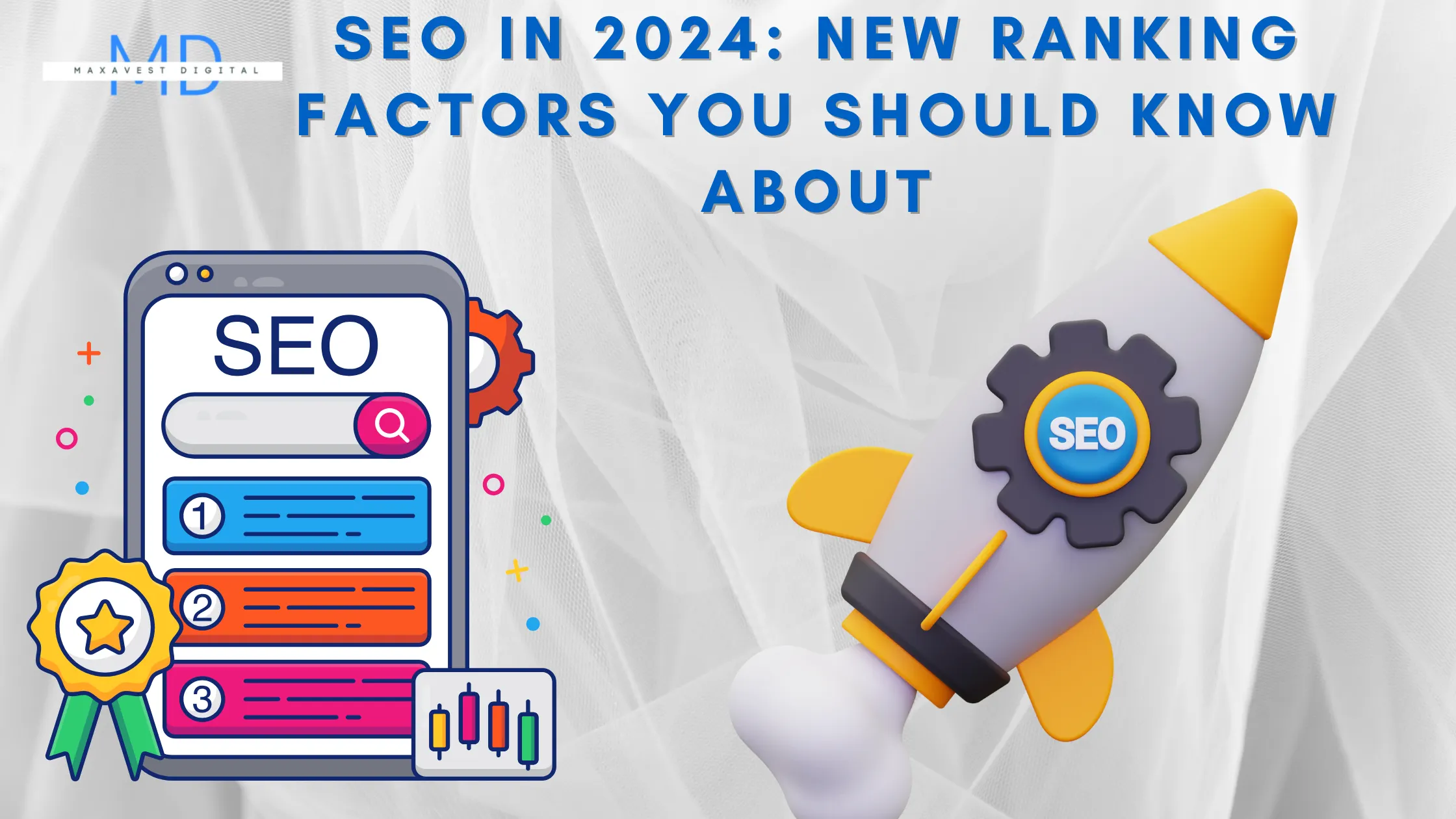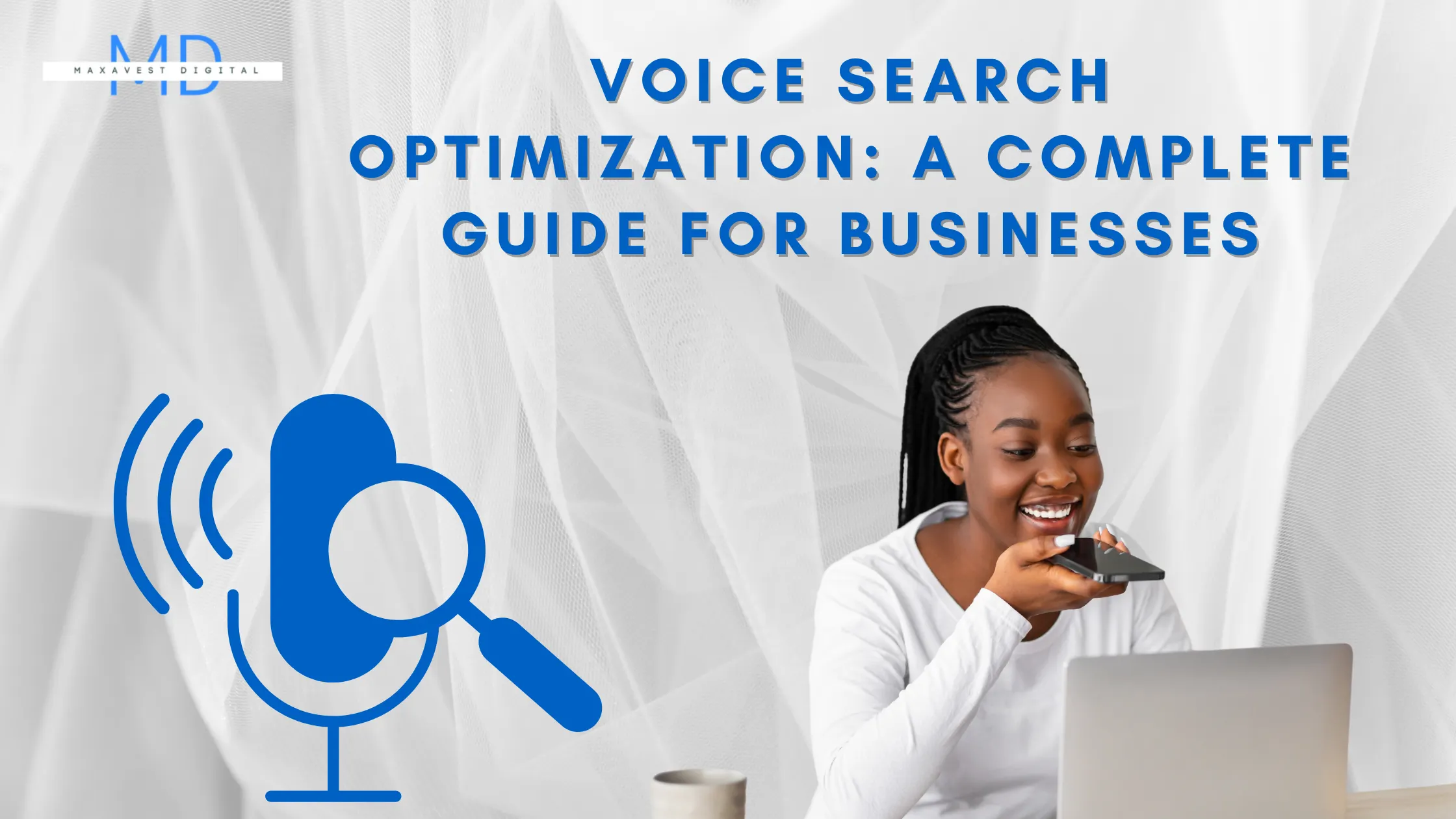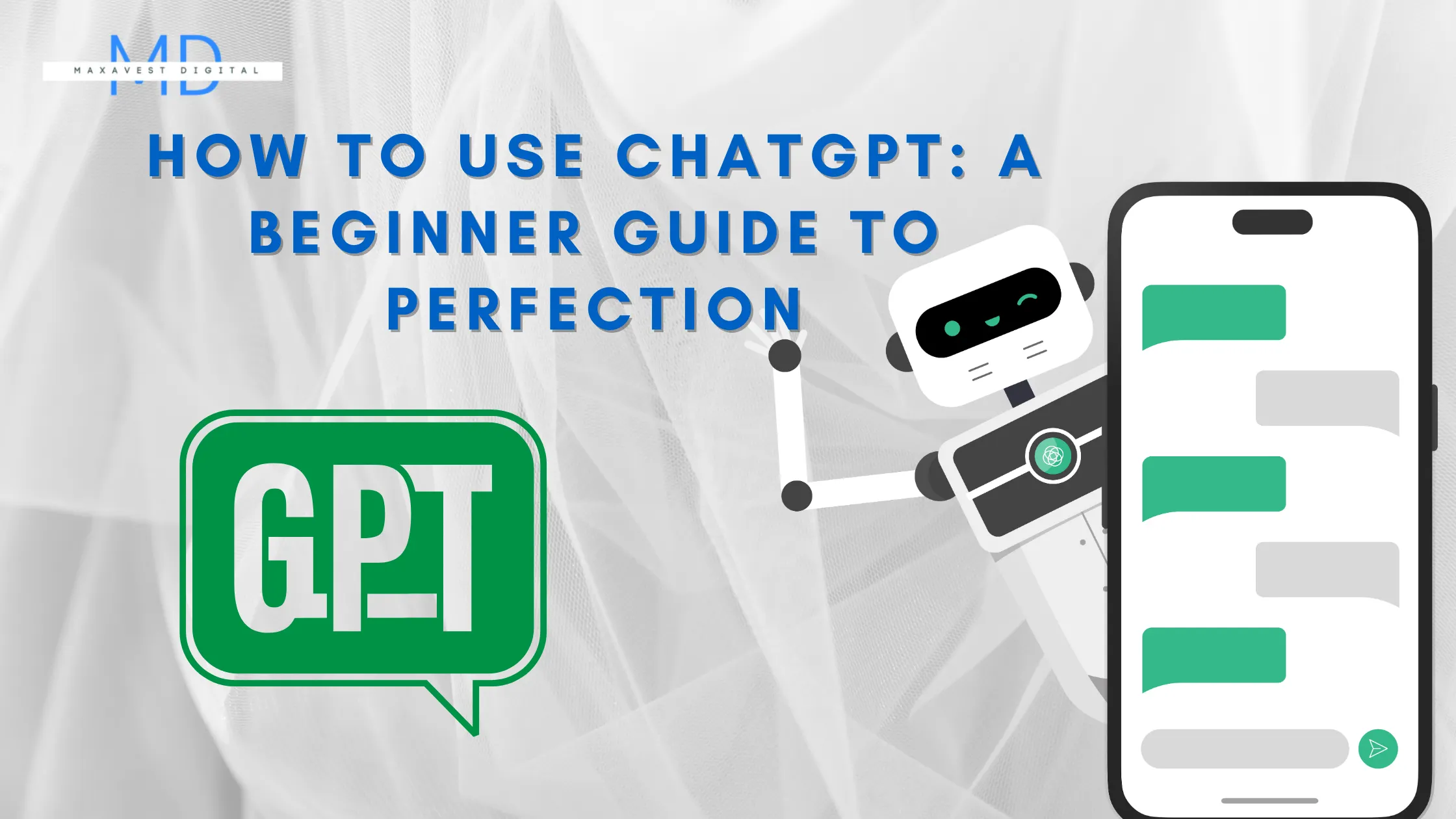How AI is Changing SEO: What Businesses Need to Know
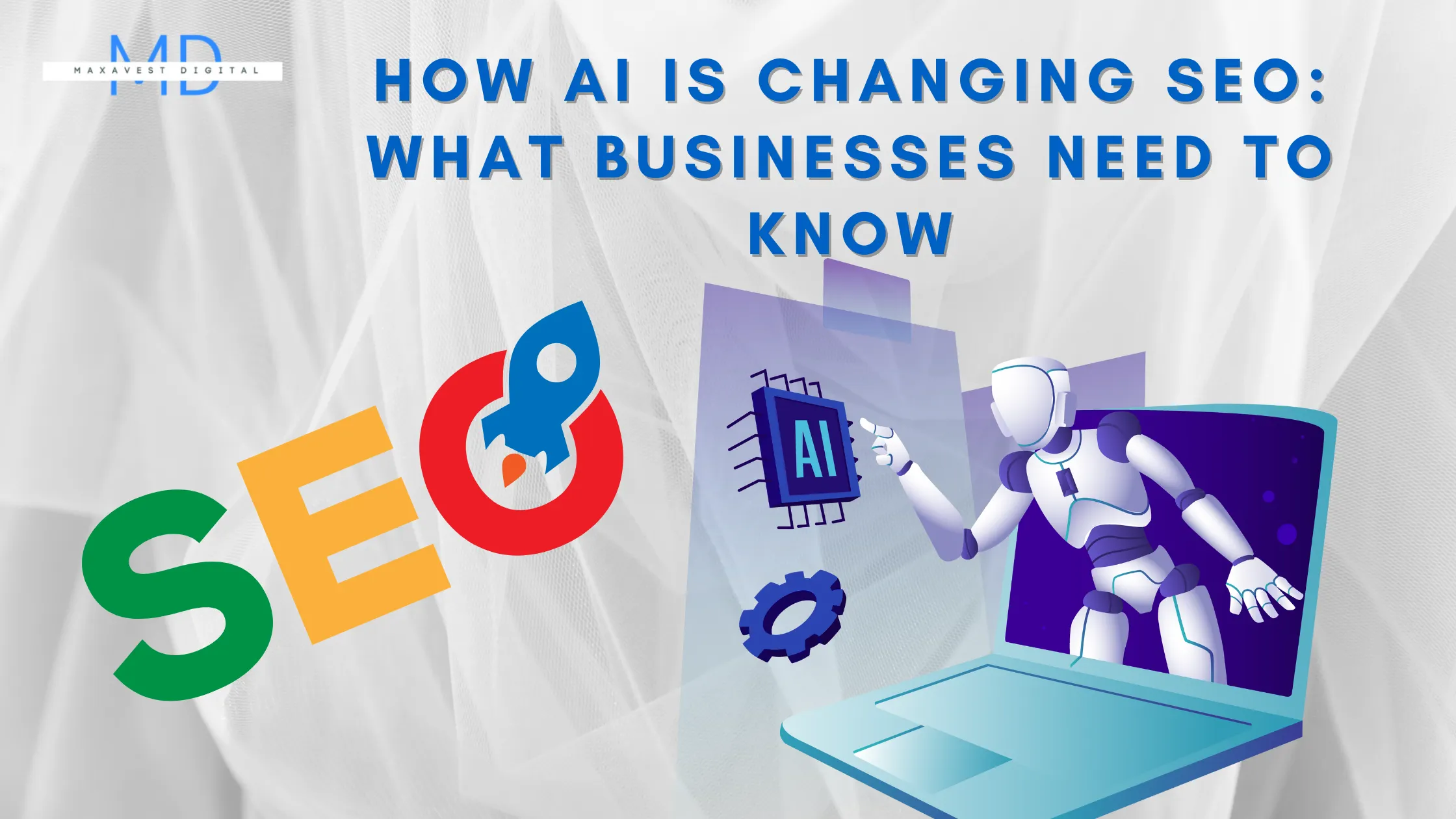
AI is radically transforming SEO, making it a far more dynamic, data-driven, and user-centric practice. The implications of these changes are profound, and businesses need to adapt swiftly to stay competitive. From enhancing keyword research to personalizing search results, AI is reshaping the rules of optimization. Here’s a deep dive into how AI is revolutionizing SEO and what businesses need to know to thrive in this new landscape.
1. Enhanced Keyword Research and Analysis
Gone are the days when keyword research involved simply picking out high-volume search terms. AI tools now dissect data on a massive scale, offering a clearer understanding of trends, user intent, and search behaviors. Google's RankBrain and natural language processing (NLP) algorithms enable search engines to decode the context of queries with pinpoint precision.
What businesses should do:
Shift focus to intent-based keyword strategies. AI's ability to grasp the nuances of language means it's more important than ever to understand why a user is searching, not just what they’re searching for. Leverage AI-driven SEO tools like SEMrush, Ahrefs, and Google's Keyword Planner to identify opportunities that resonate with searcher intent. This shift from raw volume to user intent is key to remaining competitive.
2. Content Creation and Optimization
AI is not only helping businesses optimize their content but also creating it. Tools like OpenAI's GPT models are empowering businesses to produce relevant, high-quality content at scale. From articles and blog posts to product descriptions, AI can generate content designed specifically to align with user queries.
What businesses should do:
While AI can assist in automating content creation, human oversight remains essential. AI lacks creativity and nuance—qualities that resonate with readers. To strike the right balance, businesses should use AI for efficiency but always inject a human touch. Additionally, AI tools can optimize content by analyzing user behavior and preferences, refining articles to boost engagement.
3. Voice Search Optimization
The rise of voice search, powered by AI systems like Siri, Alexa, and Google Assistant, is changing how users interact with search engines. These conversational, often long-tail queries require a different approach to SEO.
What businesses should do:
Adapt your content to mimic natural, conversational language. Focus on answering questions directly, as voice searches typically seek concise, actionable information. Optimize your content for featured snippets—those top positions in search results—which are the primary source of responses for voice search queries.
4. Personalized Search Results
AI algorithms like Google’s BERT and RankBrain are increasingly delivering personalized results, factoring in user history, location, and even browsing behavior. This means two users searching for the same thing might receive different results based on their unique contexts.
What businesses should do:
Personalization is the future of SEO. To capitalize on this, prioritize user experience (UX) by creating content that resonates with specific demographics or behaviors. AI-powered tools can help analyze and predict user preferences, enabling businesses to fine-tune content and offerings. Personalization isn't a one-size-fits-all strategy; it’s about tailoring experiences at every touchpoint.
5. SEO Automation and Efficiency
AI is supercharging SEO by automating the more tedious and repetitive tasks, freeing up resources for strategic planning. Tasks like site audits, backlink analysis, and technical optimizations are now handled efficiently by AI-powered platforms.
What businesses should do:
Adopt AI-driven SEO tools like BrightEdge and SurferSEO to automate time-consuming tasks. Automation allows businesses to focus on high-level strategy rather than the minutiae of daily SEO tasks. Also, real-time monitoring powered by AI helps detect opportunities or issues faster, ensuring businesses stay ahead of their competition.
6. User Experience and Core Web Vitals
Google's Core Web Vitals, a set of metrics related to speed, interactivity, and visual stability, now play a major role in SEO rankings. AI helps businesses analyze and enhance user experience (UX), improving website performance to meet these standards.
What businesses should do:
Use AI tools to monitor and optimize Core Web Vitals, ensuring your site delivers a fast, seamless experience. Loading speed, mobile responsiveness, and UX all contribute significantly to your ranking. AI-powered heatmaps and A/B testing tools can be invaluable in fine-tuning your website’s design to keep users engaged.
7. AI and Local SEO
For businesses that rely on local customers, AI has become a critical asset. AI enhances local SEO by delivering relevant, location-based search results, helping businesses target customers in their immediate geographic area.
What businesses should do:
Keep your business information accurate and up-to-date across local directories, particularly Google My Business. AI tools can also help with local keyword research, allowing businesses to optimize their content for location-specific queries. Monitoring customer reviews and social signals through AI can further boost local visibility.
8. Predictive Analytics and SEO Trends
One of AI’s most powerful contributions to SEO is its ability to predict future trends. By analyzing historical data and search patterns, AI enables businesses to stay ahead of emerging trends and user behaviors.
How to Optimize Your Website for Local SEO in Nigeria
What businesses should do:
Incorporate AI-powered analytics tools to gain foresight into future SEO trends. Continuous monitoring of competitors, identifying shifts in search behavior, and adapting content strategies before they become mainstream are essential to maintaining a competitive edge. Predictive analytics can be the key to unlocking new opportunities before your competitors even realize they exist.
9. Improved Visual and Video Search
As AI-driven visual search technologies like Google Lens and Pinterest Lens grow in popularity, SEO is no longer limited to text. AI algorithms now analyze image and video content with remarkable accuracy, offering new avenues for businesses to attract traffic.
What businesses should do:
Optimize your image and video content by ensuring they are properly tagged with relevant alt text and metadata. Explore visual search trends and experiment with platforms like YouTube and Pinterest to boost visibility. As visual and video content continue to dominate the digital landscape, optimizing for these mediums is non-negotiable.
10. Data-Driven Decision Making
AI's ability to process vast amounts of data provides businesses with unparalleled insights, empowering smarter decision-making. By analyzing metrics like click-through rates (CTR), conversion rates, and user behavior, AI offers actionable data that can refine SEO strategies.
What businesses should do:
Make data-driven decisions by regularly reviewing insights from AI-powered SEO analytics tools. These tools allow you to continuously fine-tune your strategies, making adjustments in real-time. This is where businesses can truly differentiate themselves—by constantly learning and evolving their SEO practices based on hard data.
Conclusion
The impact of AI on SEO is profound. It’s reshaping how businesses approach search engine optimization, making it a more precise, user-centric discipline. By embracing AI, businesses can unlock new levels of efficiency, personalization, and insight that were previously unattainable. The future of SEO is driven by data, enhanced by automation, and personalized for users. To succeed, businesses must not only adapt but lead the charge in this AI-powered SEO revolution.


